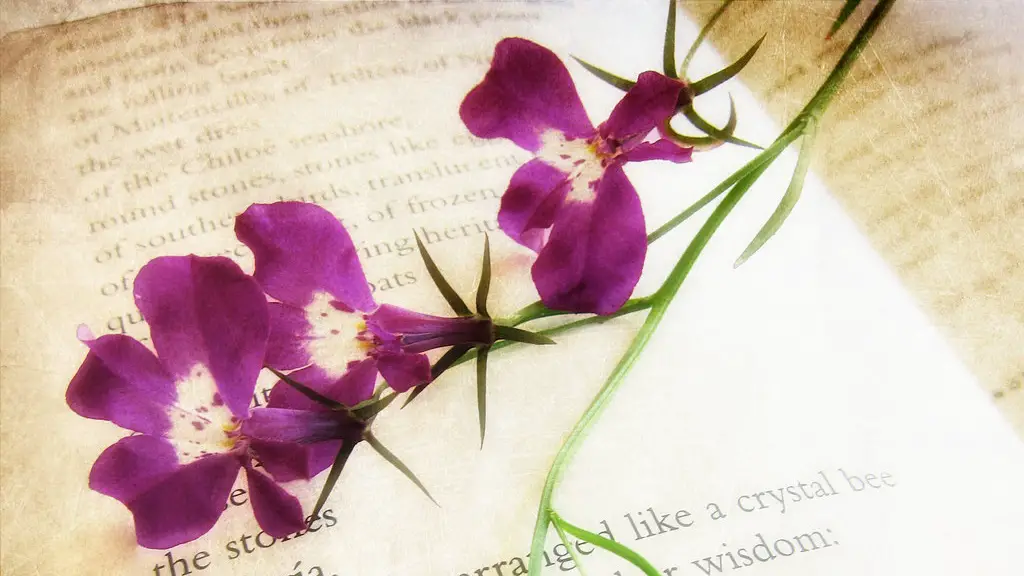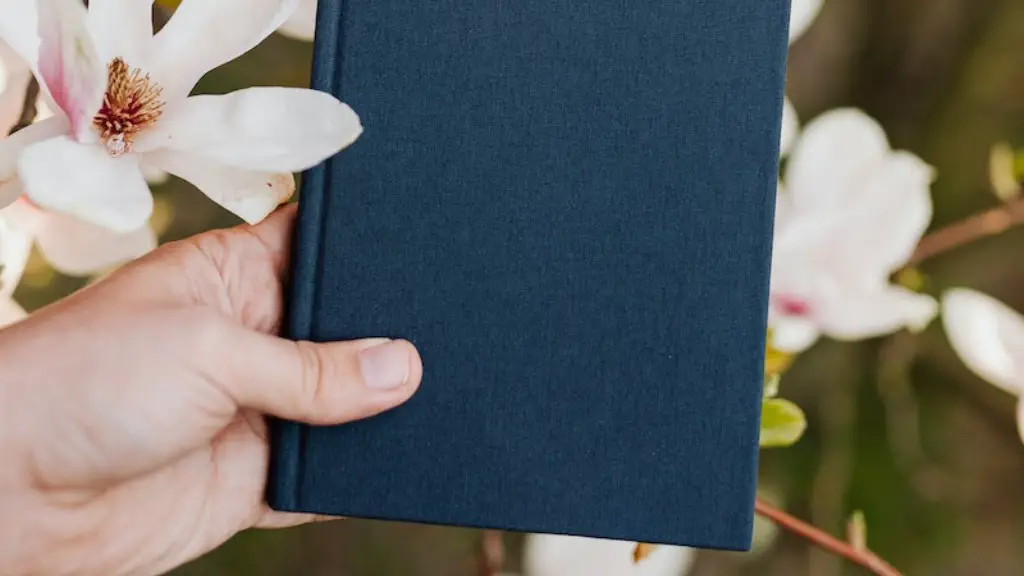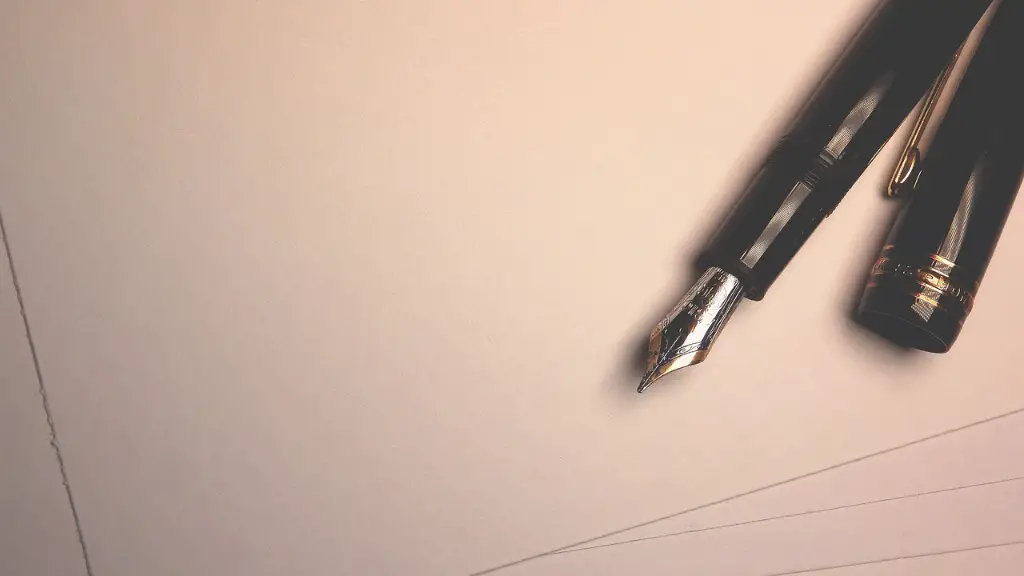What is haiku poetry? It is a form of Japanese poetry with three lines, often with a 5-7-5 syllable structure, often focused on nature and the cycles of the seasons. It is sometimes called “Japanese haiku”.
When writing haiku, the poet attempts to capture a single moment in time. The craft of haiku is to say something meaningful in a few words, capturing an experience or idea that resonates with readers.
The word ‘haiku’ comes from the Japanese ‘hokku’, meaning the ‘initial opening verse’ of a linked verse sequence. This style of poetry was popularized in Japan during the Edo period (1603-1868).
Traditionally, haiku poems were written as one long vertical line of text, broken into three lines of five, seven and five syllables. But in the modern era, the line breaks are visible on a page and the poetic form can be written in English with a five-syllable first line, seven for the second, and finishing with a five syllable third.
Haiku poems typically reference the natural world, and in Japan, its practitioners often wrote of the changing seasons and the stories the land held. Japanese haiku poets tended to focus on a particular time of day, and then reveal a surprise at the end of their verse.
When it comes to creating a successful haiku, poetry expert Dr Katherine Hollander recommends that writers should include a surprise sentence in each poem. By introducing something unexpected into the last line, the reader will gain a deeper understanding, and take away a new insight.
Writing haiku can also be an enlightening experience, since it teaches practitioners patience and mindfulness. It encourages writers to focus on the present moment, and not rush through the creative process.
Write with Precision
Poet David Abrams has said that sometimes “the most precise words we can find are no words at all”, and this is a lesson that applies to writing haiku. A haiku should not explain the beauty of the natural world, but distill the moment of surprise over the beauty. A lack of detail can be valuable too, because ambiguity can be filled with symbolism, often interpreted differently by each reader.
The use of metaphors and similes can also be effective in creating a sense of understanding or epiphany in a haiku. Writing a haiku poem can be an opportunity to really explore one’s own thoughts and feelings, ensuring that the readers pick up on the emotion behind the experience.
poet Leroy Frank says that a successful haiku should include nature as a main piece of the poem. He recommends focusing on elements that include change, mystery and awe. He argues that nature itself should inform the poem, protecting it from becoming too sentimentalised.
Which Words to Choose
In Japanese Haiku, each word carries the weight of its syllables, and many writers have tried to recreate this in English. Poetry expert Professor Laura Gonzales recommends choosing words carefully, with attention to the associations and connotations that come with each words, as well as the effect of sounds.
She also suggest focusing on sensory words, like ‘taste’ or ‘smell’ – words that evoke experiences and engage the reader on a more emotional level. This, she argues, is how haiku has the power to affect, move and inspire readers.
Gonzales adds that the language of a haiku should evolve naturally, without excessive over-editing, allowing the words to interact in a natural way. The poet should be encouraged to let a haiku develop organically, jotting down ideas and allowing the poem to slowly come together.
How to Begin Writing Haiku
One of the best ways to learn to write a haiku is by studying the works of established haiku poets. Reading other’s haiku can also help writers to find their own inspiration and to gain a more developed understanding of the structure and exacting art of writing a successful haiku poem.
Writers can also recognise their own poetry, by taking the time to get to know the forms, and to write, practise and repeat. Many people have found writing haiku to be a peaceful, meditative and mindful activity. If a writer allows themselves the time to develop their haiku, they’ll soon become comfortable with the form and be able to express themselves more clearly.
Benefits of Writing Haiku
Writing haiku has many benefits, including becoming more conscious of the present moment and taking the time to simply appreciate surrounding beauty in nature. It challenges writers to get to the heart of their watchful observations and learn to put them into words.
Because a haiku poem only consists of a few lines and one moment in time, it quickly becomes a powerful way to communicate subtle ideas or feelings. This makes haiku not just a traditional form of poetry, but a contemporary and creative art form that is open to creativity and personal interpretation. It’s also a way of conveying succinctly complex feelings and creative visions.
The Legacy of Haiku
Haiku is said to be one of the most challenging poetic forms to write, but when done right, it has a unique power to draw readers in. It forces the writer to be concise and thoughtful in their writing, making it an effective form of communication.
Thanks to its origins in Japanese culture, haiku has spread throughout various countries, opening up conversations about emotion, beauty, insight, and life. According to Professor Laura Gonzales, the rare power of haiku is that it “reminds us of what’s important in life, and how we should appreciate the moments – small or large – that life presents us with”.
Finding Haiku Inspiration
When it comes to finding inspiration for writing haiku, there is no single definitive answer, as everyone has a different way of looking at the world. Writers can take inspiration from the people and places around them, or by opening themselves to new experiences.
Some haiku poets have achieved success by attending classes, workshops or writing retreats, connecting with other poets and learning to express themselves more effectively. Alternatively, many haiku poets have found their own style of writing by creating moments and memories they want to keep safe.
Ahmad al-Waili, a writer and haiku poet champion, explains that it is important to open oneself to new experiences and be conscious of the changing of the seasons. He says that it’s important to remain open, as joy and sadness, love and hope all have a place in the writing world, and even bring about surprising moments of insight.
Themes of Haiku
Kazuhiro Hosaka, a haiku poet, suggests that many successful haiku poems share some common themes. These include the joy of life, the beauty of nature, an expression of one’s feelings, or a recognition of the preciousness of relationships.
Many haiku poets have begun to explore modern themes, in particular the impact of the current technological world in society. Contemporary poets have taken traditional haiku structure and have begun to write about modern phenomena like globalisation, urbanisation and social media.
Haiku has remained popular for centuries, as its simple, timeless message still speaks to modern readers today. The insights and musings of haiku poetry continue to bring joy and wonder to readers, regardless of the themes being explored.
Conclusion
Haiku is a timeless poetic form that can be applied to modern themes, allowing readers to reach new levels of understanding and express complex emotions succinctly. It is effective in connecting those that read and write haikus and encourages the writing of powerful, meaningful words, allowing readers the opportunity to feel and understand new insights into the world.





